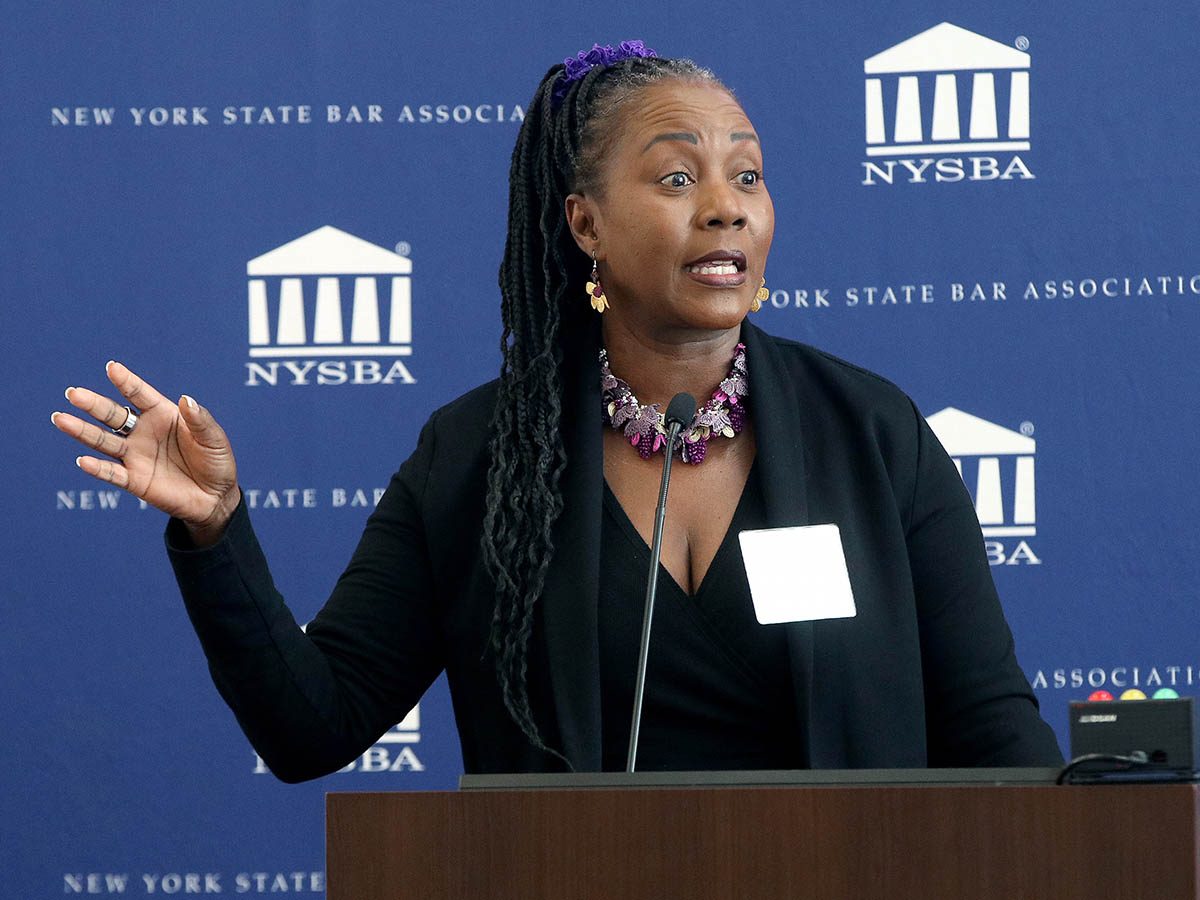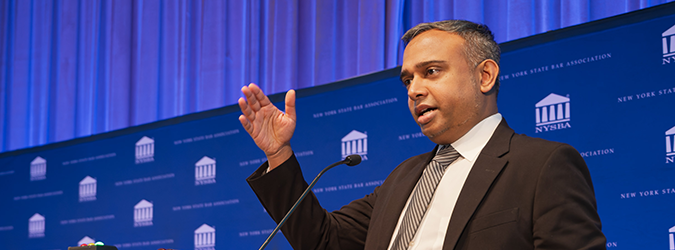New York State Bar Association Warns That AI Must Not Compromise Attorney-Client Privilege
4.8.2024

The New York State Bar Association is advising lawyers to ensure that artificial Intelligence does not put attorney-client privilege at risk at a time of increasing security concerns about confidential information being disclosed by the technology.
The report from the association’s Task Force on Artificial Intelligence, which was approved by its governing body, the House of Delegates, on Saturday, advises lawyers to disclose to clients when AI tools are employed in their cases. Under the Rules of Professional Conduct, attorneys also have an obligation to make sure that paralegals and other employees are handling AI properly, the report states.
The task force determined that New York’s Rules of Professional Conduct provide helpful guidance governing attorneys’ use of AI but said that more education was needed to make sure that attorneys and judges are handling the technology properly. The report also says that legislation may become necessary to govern its use.
“AI can enhance the delivery of legal services. It obviously has enormous potential because it can already draft documents, conduct research, predict outcomes, and help with case management. However, we have an obligation as attorneys to be aware of the potential consequences from its misuse that can endanger privacy and attorney-client privilege,” said Richard Lewis, president of the New York State Bar Association. “I thank the task force for addressing this complex matter and providing direction on how we can incorporate it into our daily routines in a safe manner.”
The report also recommends that the association form a standing committee to address evolving AI issues including ethical concerns that derive from the technology’s tendency to hallucinate. The most serious hallucinations have resulted in citations and quotes from non-existent cases being included in briefs.
“Artificial Intelligence is the latest technological evolution that at one moment awes us and the next fills us with anxiety,” said Vivian Wesson, chair of the task force and executive vice president and general counsel at The Board of Pensions of the Presbyterian Church. “We are aware of the enormous impact it will have on our profession but are also familiar with the many risks it poses regarding confidentiality. The technology is advancing at an alarming rate and so it is imperative that we address it at this time.”
Other recommendations include:
- Legislators should determine whether AI regulations should be applied in a one-size-fits-all approach or through industry-specific regulation.
- Attorneys should consider whether the use of AI will help them represent their clients more effectively before employing it.
- In addition, the New York State court system’s Appellate Division should consider rewriting the Rules of Professional Conduct to make it clear that attorneys should:
- Have the latest information on technology (including AI and GenAI) that improves the quality of legal services.
- Determine whether the use of AI enhances legal services on a case-by-case basis.
- Be competent about how AI tools operate to better ensure that the research generated is legitimate.






